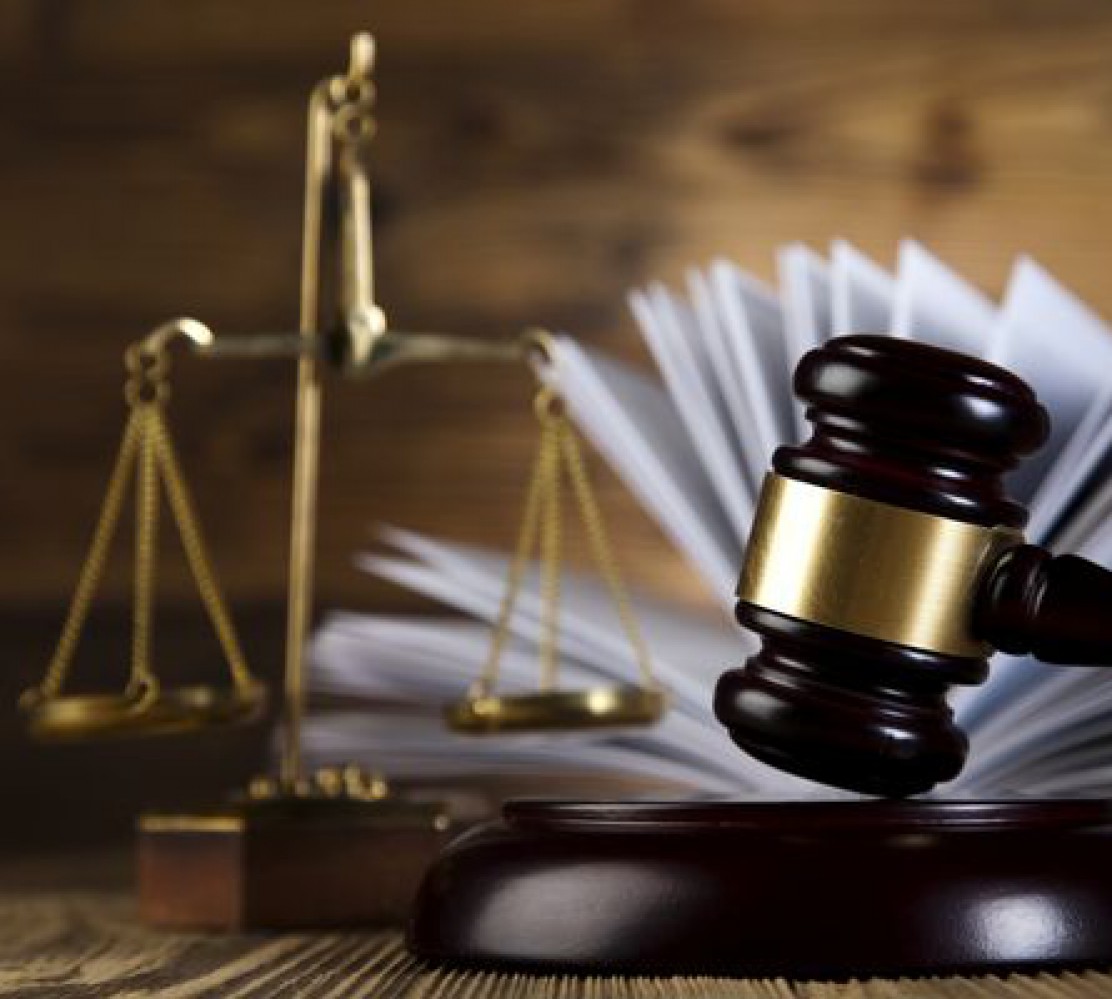Source : WVVA News
By : Paul Hess, WVVA Internet Director
Category : Bail Bond Sanford , Sanford Bail Bond
Tucker County native Allen H. Loughry II will become the Chief Justice of the Supreme Court of Appeals of West Virginia for the first time on January 1, 2017. Chief Justice Loughry, the first Justice from Tucker County, will exercise a unique leadership role as the presiding officer and head of the state’s judicial branch of government. The Chief Justice acts as the administrative leader of the Supreme Court and the state’s lower courts. In addition to presiding over oral arguments, an important daily duty of the Chief Justice is to rule on motions to recuse judicial officers in lower courts and to assign replacement magistrates, family court judges, and circuit court judges when one of those judicial officers is unable to serve in a particular case due to a conflict of interest. “I am enormously honored to have the opportunity to serve as Chief Justice,” he said. “I will work hard to do the best job I can in moving the court system forward. The elected judicial officers and our court employees in West Virginia do an excellent job, and I am proud to be a part of our judicial system.” A native of Parsons and a graduate of Tucker County High School, he said he believes that his parents as well as his small town upbringing have benefitted him throughout his professional career and will help him during his term as Chief Justice. “Growing up in a small community and having supportive parents taught me the values of honesty, integrity, and hard work,” he said.
Outside of his daily judicial responsibilities, Chief Justice Loughry focuses on his initiative, the “Leaders of Tomorrow Program.” By speaking about the court system and his judicial philosophy to groups of students and to youth organizations, he tries to teach leadership skills, the need to focus on academic success, and the importance of honesty, accountability, and making a positive difference in their communities. “It’s important to me to send the message to our next generation of young West Virginians that they do matter, they do count, and they can achieve anything they set their minds to if they work hard and play by the rules,” Chief Justice Loughry said. “I have always believed that an average person, if qualified, should be able to participate in the political process regardless of their income, political connections, race, gender, or class.” Chief Justice Loughry believes Justices play an important role in promoting confidence in the state’s judiciary. “Justices should treat everyone the same and follow the law rather than follow a political agenda,” he said. “The Supreme Court should never be political. Justices must be able to make impartial decisions based solely upon our laws. The process must be fair whether we are dealing with a baker or a billionaire. This is necessary for both individual liberty and economic prosperity and serves even a far more important goal of maintaining public trust in the legal system as it keeps the other political branches in check.” He was humbled when he was elected to the Supreme Court in 2012.
“I am deeply honored that West Virginians voted for me four years ago and allowed me to serve as a Justice on the Supreme Court,” Chief Justice Loughry said. “I said during my campaign that if the citizens of this State would honor me with their votes, that I would serve them with honor, and that is how I approach this job on a daily basis, and that is certainly how I will approach the job as the Chief Justice.” Chief Justice Loughry has a bachelor’s of science degree in journalism from West Virginia University. While at the University, he worked as a reporter for The Parsons Advocate and also wrote for the [Morgantown] Dominion Post and was a freelance writer for The Associated Press. Chief Justice Loughry also obtained four law degrees: an S.J.D. (Doctor of Juridical Science) from American University, Washington College of Law, where he had the distinction of being one of the first three people (and the only one from North America) to be admitted to the SJD program. Justice Loughry also has an LL.M. (Master of Laws in Criminology and Criminal Justice) from the University of London; an LL.M. (Master of Laws in Law and Government) from American University, Washington College of Law; and a JD (Juris Doctor) degree from Capital University School of Law, where he graduated with the honor of Order of the Curia. On October 4, 2013, the American University, Washington College of Law awarded him its Distinguished Alumnus Award.
In 1999, Chief Justice Loughry completed the program of Human Rights and Humanitarian Law through the American University, Washington College of Law Center for Human Rights and Humanitarian Law, and the University of Utrecht, Netherlands, Institute of Human Rights. He also studied law in England at the University of Oxford and received the program’s top political science award. In 1997, he completed a legal externship at the Ohio Supreme Court. He also served as a personal assistant to the Tucker County Prosecuting Attorney in 1988 and 1989. Justice Loughry served as a Special Assistant to former U.S. Rep. Harley O. Staggers, Jr., and as a Direct Aide to former West Virginia Governor Gaston Caperton. Justice Loughry was a Senior Assistant Attorney General in the West Virginia Attorney General’s Office from 1997 to 2003. He served in both the Appellate and Administration Divisions and was appointed as a special prosecuting attorney on numerous occasions to handle criminal cases throughout West Virginia. In 2003 he began working as a law clerk at the Supreme Court of Appeals of West Virginia, a job he held when he was elected to the Court. In 2006, he published the book Don’t Buy Another Vote, I Won’t Pay for a Landslide, a non-partisan look at West Virginia’s history of political corruption.
Read more : wvva.com/story/34131821/2016/12/26/new-chief-justice-named-for-wv-supreme-court-of-appeals




















